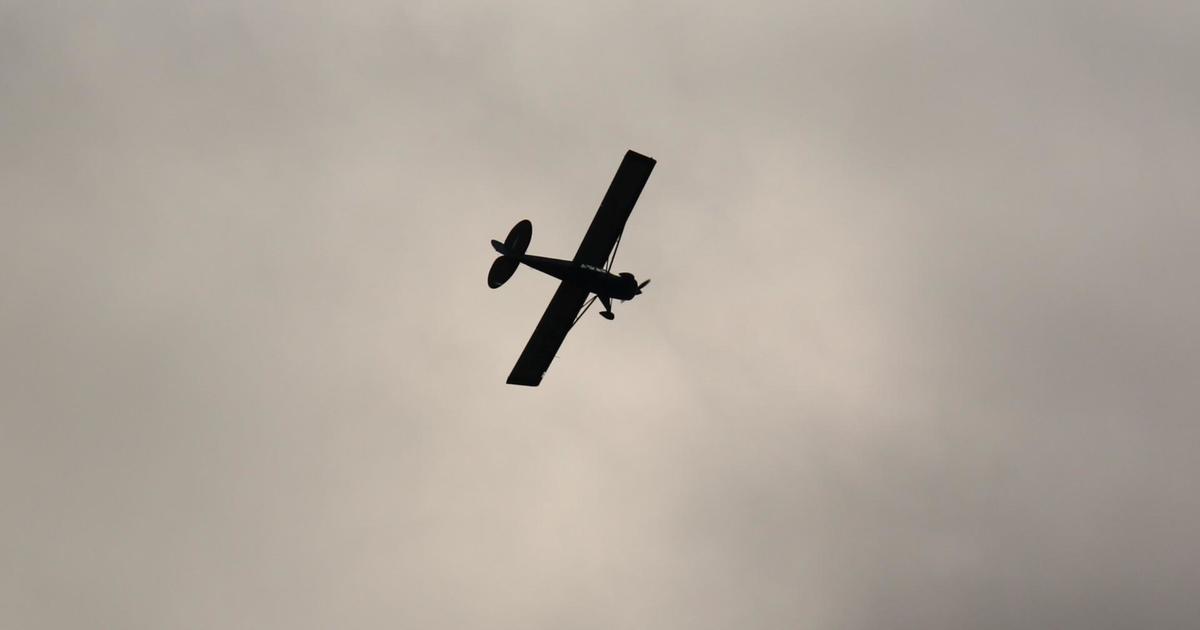Study: Bird Flu's Economic Impact Above $300M In Minnesota
MINNEAPOLIS (WCCO) — New numbers out Monday finally show how much money Minnesota has lost because of the bird flu outbreak.
A University of Minnesota emergency economic impact analysis estimates that as of last week the losses have climbed to nearly $310 million.
The devastation caused by the bird flu virus has created a ripple effect into industries other than just poultry production.
The impact number is expected to grow, but it means lawmakers finally have something to go on to understand the scope of the problem.
"It's the best things we have, the best tool we have to look at this sort of thing," said economist Brigid Tuck, of University of Minnesota Extension.
She says the poultry production industry has lost about $113 million because of bird flu. But when other related industries losses are factored in, the number climbs to $310 million.
"Trucking, for instance, is one that feels impact as well as animal feed production," Tuck said.
She used a model that shows how much the poultry industry usually spends. It helped put the difference into perspective and finally gives communities and lawmakers an idea of just how much this crisis is costing.
Just this weekend, a Rembrandt Foods egg-laying facility in Renville suffered the most destructive outbreak yet. One of the biggest egg-producers in the Midwest now has to destroy some 2 million chickens.
Lawmakers have set aside some $20 million to help poultry farmers get loans to replenish flocks and for the state to research why the virus continues to spread.
The state foresees needing even more emergency funding.
"Potentially, it hits a tipping point when things are worse than what we can capture with our model," Tuck said.
The federal government is already giving millions to help with the devastating impact of bird flu. Yet, the federal money only goes to help farmers cover the cost of euthanizing the animals and doesn't account for the other dependent industries.
Containing the virus is also proving difficult. The hope is this summer's warm weather will get rid of it.
Yet, if the virus continues to spread unchecked, it could return in the fall and winter.



